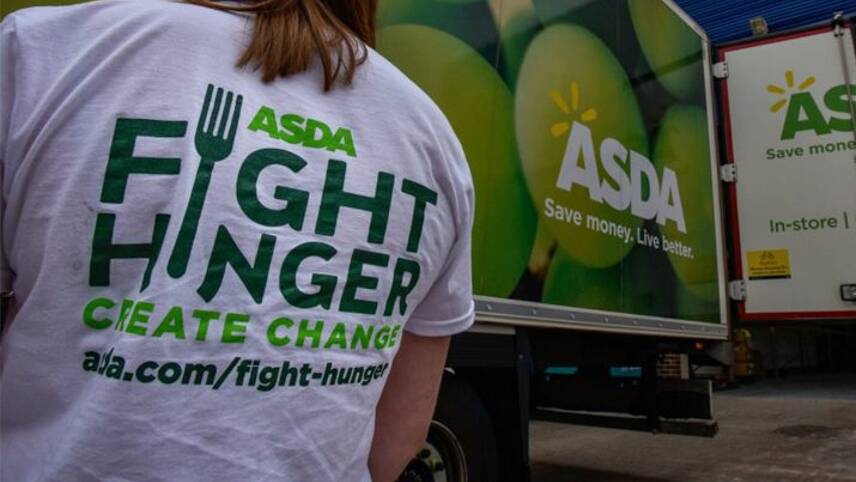Register for free and continue reading
Join our growing army of changemakers and get unlimited access to our premium content

Image: Asda
Unveiled today (3 February), the targets have been set against a 2015 baseline. Asda used the Science-Based Targets Initiative’s (SBTi) 1.5C toolkit, developed in the wake of the IPCC’s special report on global warming, to shape the commitment, but has not yet had the target rubber-stamped by the Initiative.
Asda said that reaching the commitment would require broader and more rapid action on energy efficiency, building on work the retailer has undertaken over the past 15 years. Since 2005, the firm has grown by 200% but kept its electricity consumption steady, due to investments in technologies such as remote monitoring, LED lighting, energy-efficient fridges and automated controls.
“Lighting, heating and cooling our stores is one of our biggest operational challenges and our teams are always working hard to reduce the impact they have on the environment,” Asda’s sustainability manager Laura Babbs said.
Asda will also explore how it can source more renewable energy for use across its operations. Parent firm Walmart is targeting 50% renewable energy globally by 2025 and has a non-time-bound aim to reach 100%.
Wider Scope
While Asda’s new target does not cover Scope 3 (indirect) emissions, Walmart is striving to help mitigate one billion metric tonnes (a gigatonne) of supply chain emissions by 2030. To date, 179 Asda suppliers have signed up to the Project Gigaton commitment. These suppliers have collectively avoided 29 million metric tonnes of emissions.
Asda hopes its new target will encourage more suppliers to take part in Project Gigaton. More than 900 suppliers attended the company’s most recent sustainability conference, including potato suppliers piloting biodiversity plots on their land. Asda has pledged to help farmers across all root vegetable supply chains to conserve and restore biodiversity by 2025, following the success of the potato pilots and the publication of both the Agriculture Bill and the Committee on Climate Change’s recommendations on land use.
Babbs said that supply chain collaboration presents “one of Asda’s greatest opportunities to find efficiencies”, given that the firm’s Scope 3 emissions are larger than Scope 1 or Scope 2.
She also highlighted Asda’s work to reduce food waste and plastic packaging across not only its own operations, but in shoppers’ homes and throughout the supply chain.
“Although we know there’s still more we can do, we are confident that we are taking the right steps towards becoming a more sustainable business and playing our part in creating a better planet,” Babbs concluded.
The announcement comes shortly after competitor Sainsbury’s pledged to become a net-zero business by 2040, ten years ahead of the UK Government’s national target.
Elsewhere in the supermarket sector, Aldi UK and Ireland claims it is carbon-neutral, but the firm relies on carbon offsetting to maintain that status. Tesco had its emissions aims SBTi-approved in line with 1.5C in 2017 and Waitrose & Partners is also working towards a 2050 net-zero deadline, while the Co-op is striving to halve emissions by 2025, against a 2016 baseline.
Sarah George


Please login or Register to leave a comment.